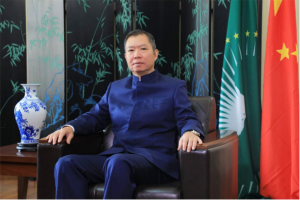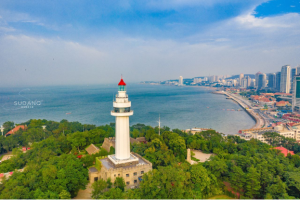NEWYORK-In advance of this week’s pivotal 2023 SDG Summit, the Working Group on Transitional Justice and SDG16+ has released a new report underscoring the contribution of transitional justice to the advancement of sustainable peace and development and offering stakeholders strategies to better incorporate it into relevant agendas and action plans. The SDG Summit marks the halfway point of the 2030 Agenda for Sustainable Development and offers the global community an opportunity to take stock of the progress it has made and the challenges it still faces in achieving the Sustainable Development Goals (SDGs).
For countries affected by systemic violence, repression, and marginalization, this progress includes a growing recognition in international policy that responding to massive human rights violations is an important element of recovery and prevention. International bodies such as the UN Human Rights Council, for example, have pointed to the key role that transitional justice plays in achieving SDGs related to access to justice, rule of law, inclusive institutions, violence reduction, and equality, particularly through its contribution to increasing agency, trust, and inclusion, and to addressing the structural drivers of violations.
Despite this recognition, however, in practice transitional justice and development often remain disconnected. In its new report entitled “Toward Victim-Centered Change: Integrating Transitional Justice into Sustainable Peace and Development,” the working group therefore highlights opportunities for stakeholders to forge greater links across these fields—for example, through the provision of social services, livelihood projects, and psychosocial support to victims and affected communities within a reparative framework, and through the incorporation of truth commission recommendations, reparations, and the needs of victims into development plans and reporting processes.
The working group proposes a more strategic approach to bringing about victim-centered change. “Establishing stronger ties between transitional justice and development requires making a more convincing case about the value of the former—drawing on conceptual links, evidence of impact, and examples of the relationship between violations and structures,” said Fernando Travesí, executive director of the International Center for Transitional Justice (ICTJ), which convenes the working group. “But this is only part of the challenge. The political and social nature of addressing problems such as violence, abuse, and exclusion, and the scope and complexity of these problems, mean we have to design comprehensive but coherent interventions and work together across sectors to generate the support needed to implement them.”
The new report recommends specific strategies for fostering the integration of transitional justice, peace, and development, including strengthening collective action and shared political agendas among victims’ groups and networks, civil society actors, and broader social and political movements; incorporating transitional justice into responses at the local, national, regional, and global levels; and adopting a long-term, inter-generational perspective. The report aims to inform discussions at the SDG Summit and throughout the second half of the 2030 Agenda.
The Working Group on Transitional Justice and SDG16+ is part of the Justice Action Coalition (JAC), an international policy platform that champions equal access to justice for all and works to close the global justice gap. Convened by ICTJ, the working group brings together civil society groups, national governments, regional actors, and international organizations to mobilize support for the 2023 Justice Appeal, which calls for the reestablishment of trust and the renewal of the social contract.
Source: www.ictj.org.
BY CHRIS BOLAND
The Ethiopian Herald September 21/2023




